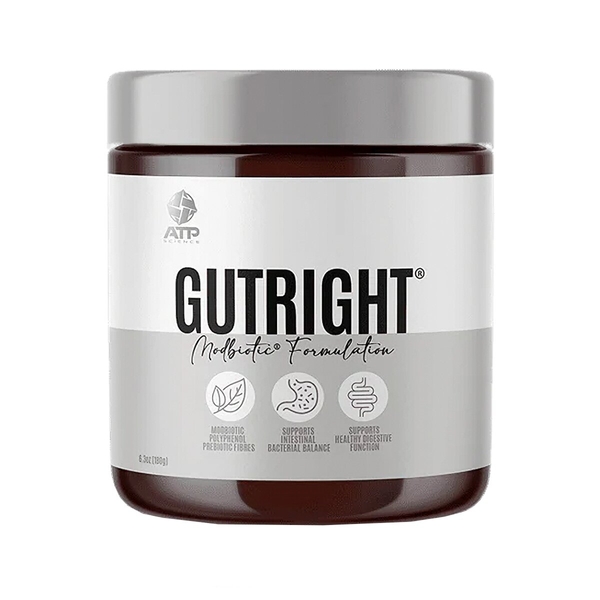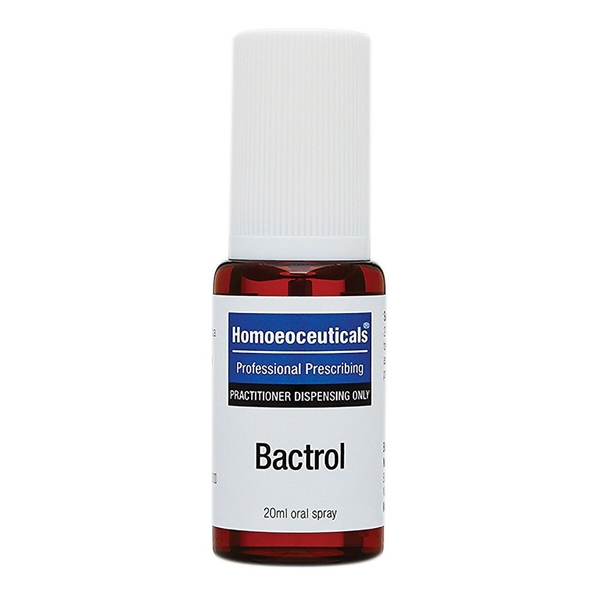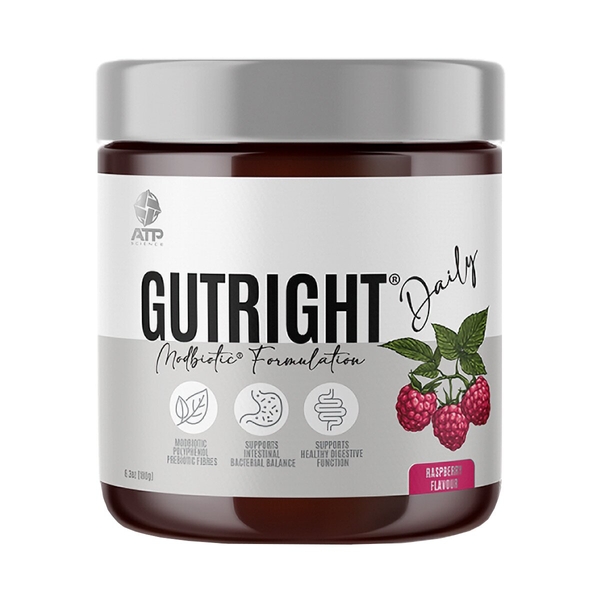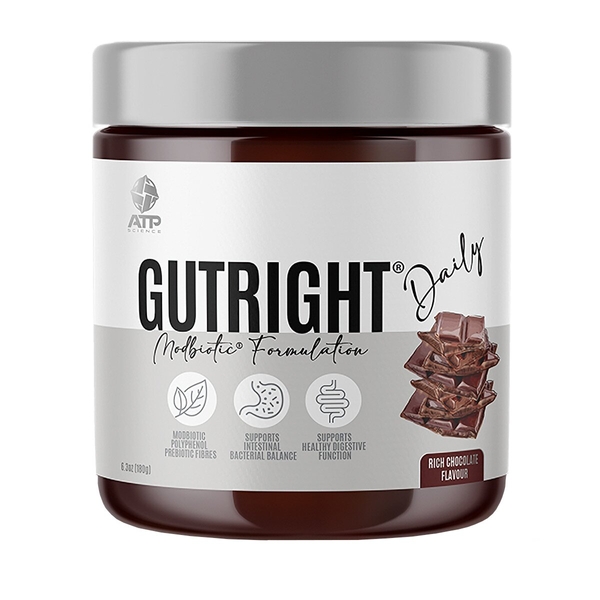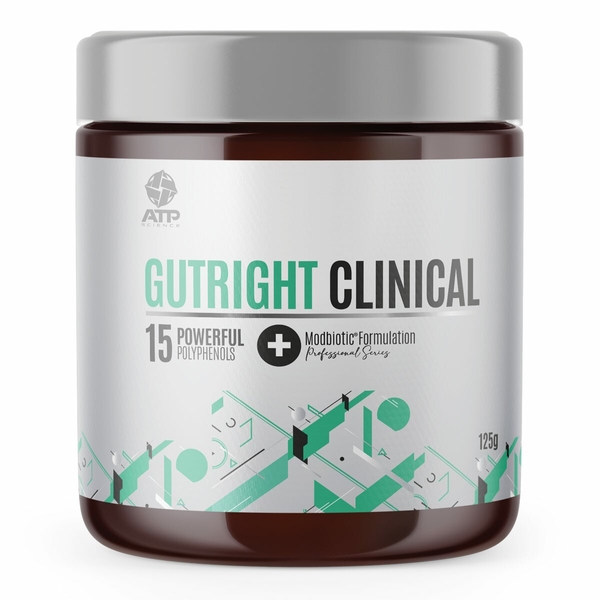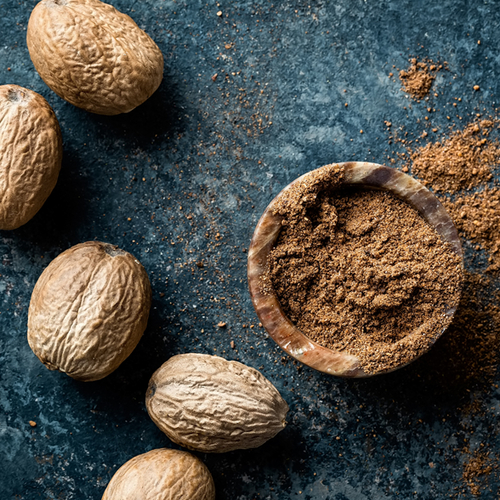
Background
Nutmeg contains chemicals that might affect the central nervous system. Nutmeg might also kill bacteria and fungi.
People use nutmeg for cavities in children, diarrhea, and other conditions, but there is no good scientific evidence to support these uses.
Nutmeg is sometimes used recreationally in large doses to create a natural "high." Taking large doses may be unsafe and can lead to serious side effects.
Safety Safety definitions
When applied to the skin: There isn't enough reliable information available to know if nutmeg is safe or what the side effects might be.
Special Precautions & Warnings:
Pregnancy: Nutmeg is commonly used as a flavoring in foods. But it is possibly unsafe when taken by mouth in larger doses when pregnant. It might cause miscarriages or birth defects. Stay on the safe side and stick to food amounts.Breast-feeding: Nutmeg is commonly used as a flavoring in foods. There isn't enough reliable information to know if nutmeg is safe to use in larger doses when breast-feeding. Stay on the safe side and stick with food amounts.
Effectiveness
Dosing & administration
Interactions with pharmaceuticals
Drying medications (Anticholinergic drugs)
Interaction Rating=Moderate Be cautious with this combination.
Nutmeg can increase a chemical in the body called acetylcholine. Acetylcholine plays a big part in many important body functions. Some medications, called anticholinergic drugs, block the effects of acetylcholine in the body. Taking nutmeg might decrease the effects of anticholinergic drugs.
Medications changed by the liver (Cytochrome P450 1A2 (CYP1A2) substrates)
Interaction Rating=Moderate Be cautious with this combination.
Some medications are changed and broken down by the liver. Nutmeg might change how quickly the liver breaks down these medications. This could change the effects and side effects of these medications.
Phenobarbital (Luminal)
Interaction Rating=Moderate Be cautious with this combination.
Nutmeg might increase how quickly the body breaks down phenobarbital. Taking nutmeg along with phenobarbital decrease the effects of phenobarbital.
Sedative medications (CNS depressants)
Interaction Rating=Moderate Be cautious with this combination.
Nutmeg might cause sleepiness and slowed breathing. Some medications, called sedatives, can also cause sleepiness and slowed breathing. Taking nutmeg with sedative medications might cause breathing problems and/or too much sleepiness.
Various medications used for glaucoma, Alzheimer disease, and other conditions (Cholinergic drugs)
Interaction Rating=Moderate Be cautious with this combination.
Nutmeg can increase a chemical in the body called acetylcholine. Some medications that are used for glaucoma, Alzheimer disease, and other conditions, also increase acetylcholine levels. Taking nutmeg with these medications might increase the chance of side effects.
Interactions with herbs & supplements
Herbs that contain a chemical called safrole: Nutmeg contains a chemical called safrole. Safrole can be poisonous when taken in large amounts. Taking nutmeg along with other supplements that contain safrole might increase the chance of poisoning. Examples of supplements that contain safrole include basil, camphor, mace, and sassafras.
Interactions with foods
Products
View all products- Myristica fragrans (Nutmeg)
- Green banana starch
- Larix spp. powder
- Malus domestica (peel) ext. (Apple)
- Brassica oleracea var. acephala (leaf & sprout) powder (Kale)
- Euterpe oleracea (berry) ext. (Acai)
- Oryza sativa (Rice)
- Cinnamomum verum (bark) powder
- Schisandra chinensis (berry) powder
- Rosmarinus officinalis (leaf) powder
- Zingiber officinale (root) powder
- Stevia rebaubiana
- Vaccinium macrocarpon powder
- Brassica oleracea var. italica (sprout) powder
- Punica granatum (peel) powder
- Glucosamine hydrochloride
- Hibiscus sabdariffa (flower) powder
- Prunus serotina (fruit) ext. (Black cherry)
- Punica granatum (fruit pericarp) powder
- Raphanus sativus (fruit) powder
- Theobroma cacao (seed) powder
- Hordeum vulgare (sprout) powder
- Myristica fragrans (Nutmeg)
- Oryza sativa (Brown rice sprout, bio-fermented protein)
- Golden pea protein (sprout) bio-fermented
- Garcinia cambogia
- Curcumin (Turmeric)
- Capsicum spp.
- Foeniculum vulgare (seed)
- Arctium lappa (root)
- Stevia rebaubiana (leaf)
- Taraxacum officinale (leaf)
- Eleutherococcus senticosus (root)
- Coleus forskohlii (root)
- Petroselinum crispum (leaf)
- Crataegus monogyna (berry)
- Juglans nigra (fruit hull)
- Zingiber officinale
- Fucus vesiculosus
- Stellaria media
- Apple pectin
- Cinnamomum spp.
- Vanilla planifolia (Vanilla bean)
- Laminaria digitara (Kelp)
- Myristica fragrans (Nutmeg)
- Euterpe oleracea (berry) ext. (Acai)
- Schisandra chinensis (berry) ext.
- Vaccinium macrocarpon (berry) powder
- Punica granatum (fruit pericarp) powder
- Brassica oleracea var. italica (sprout) powder
- Hibiscus sabdariffa powder
- Punica granatum (peel) powder
- Malus (fibre) powder (Apple)
- Natural raspberry flavour
- Xanthan gum
- Prunus serotina (fruit) ext. (Black cherry)
- Brassica oleracea var. acephala (leaf & sprout) powder (Kale)
- Zingiber officinale (root) powder
- Rosmarinus officinalis (leaf) powder
- Cinnamomum verum (bark) powder
- Stevia rebaubiana
- Beta vulgaris juice dry
- Malic acid
- Raphanus sativus (fruit) powder
- Theobroma cacao (seed) powder
- Myristica fragrans (Nutmeg)
- Theobroma cacao (Cocoa powder) 1.2 g
- Theobroma cacao (fruit) powder
- Punica granatum (fruit pericarp) powder
- Malus (fibre) powder (Apple)
- Xanthan gum
- Brassica oleracea var. italica (sprout) powder
- Natural flavours
- Hibiscus sabdariffa powder
- Schisandra chinensis (berry) powder
- Vaccinium macrocarpon (berry) powder
- Prunus serotina (fruit) ext. (Black cherry)
- Zingiber officinale (root) powder
- Rosmarinus officinalis (leaf) powder
- Cinnamomum spp. (bark) powder
- Euterpe oleracea (berry) ext. (Acai)
- Raphanus sativus (fruit) powder
- Brassica oleracea var. acephala (leaf & sprout) powder (Kale)
- Stevia rebaubiana
- Myristica fragrans (Nutmeg)
- Green banana starch
- Brassica oleracea var. italica (Broccoli)
- Punica granatum (fruit peel) powder
- Malus (fibre) powder (Apple)
- Hibiscus sabdariffa (flower) ext. dry
- Theobroma cacao (fruit) powder
- Schisandra chinensis (berry) ext. dry
- Prunus serotina (fruit) ext. (Black cherry)
- Cinnamomum verum (bark) ext. dry
- Vaccinium macrocarpon ext. dry
- Zingiber officinale (root) powder
- Rosmarinus officinalis (leaf) ext. dry
- Euterpe oleracea (berry) ext. (Acai)
- Oryza sativa powder
- Raphanus sativus (root) ext. dry
- Stevia rebaubiana

